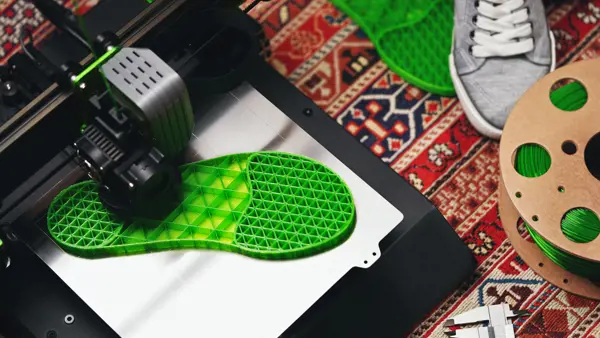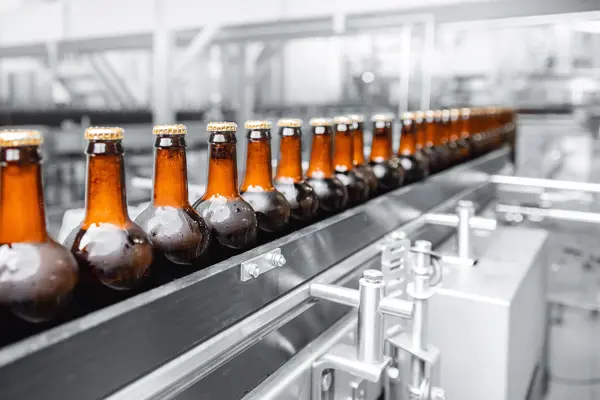Learn More About the Impact of Digital Transformation on the Manufacturing Industry

How Digital Transformation is Changing the Traditional Manufacturing Business Model

The strategic application of technology and automated processes isn’t exactly a new concept – manufacturers have been integrating these things into their business models for several years. However, as manufacturing organizations continue to evolve, digital transformation initiatives have swept the industry by storm.
Understanding the impact digital transformation has had on the manufacturing industry to date – and the potential impact it will continue to have – may help you identify areas of transformation within your own manufacturing business model.
It all starts with technology
Digital transformation, at its heart, involves the strategic application and digital processes to increase productivity and insight into manufacturing operations. Many manufacturing firms have implemented IoT data sensors into their lines to capture data, that is then used to identify ways to improve efficiency. Others have implemented digital connected planning solutions to better model their operations and predict future demand and supply chain requirements.
Whatever shape the transformation takes, technology supports it.
But goes well beyond sensors and software
While efficiency gains may have been the original goal for many manufacturers, the scope of digital transformation has expanded well beyond speeding up a line or improving maintenance efforts.
Today, manufacturing companies are investing in comprehensive digital transformation initiatives that expand far beyond the assembly line, crossing over into marketing, accounting, supply chain, and beyond. It seems no aspect of the traditional manufacturing business model has been left untouched by digital transformation.
The shift has led many manufacturers to re-examine their operations and priorities. Many have moved the focus from production to customer satisfaction. Delivering better quality goods in shorter and more convenient periods has become far more important than simply producing products. In fact, much of the digital transformation boom has focused on the customer and distancing a manufacturer from its competitors based on customer centric KPIs like satisfaction, cost, and delivery method.
Leading to sweeping change when it was needed most
The fallout from the COVID-19 pandemic has negatively impacted nearly every manufacturing company in the world, resulting in billions of dollars in lost profits and historically lengthy lead times. However, rather than simply weather the storm, many manufacturers have used lessons learned during the pandemic to transform their business models.
Leveraging data gained by IoT sensors and customer engagements, some manufacturers have streamlined the research and development and prototyping processes to bring products to the market faster and more cost effectively. Others have shifted their focus from manufacturing products to developing software applications that support the goods they produce. By selling software subscriptions in addition to their products, these manufacturers have diversified their revenue streams and improved their engagement with customers. The “equipment as a service” model has also taken off as businesses begin to sell access to machinery runtime, rather than the machinery itself.
As the pandemic continues to impact supply chain and customer expectations, digital transformation and evolution in manufacturing operating models will continue to be critical across the industry. Without evolving to meet the changing challenges and customer needs, manufacturers may be left behind.
On-Demand Webinar: How the Microsoft Cloud is Modernizing Manufacturing
As the manufacturing sector undergoes its greatest transformation, it’s critical that businesses are equipped with a technology platform that is integrated, intelligent, user-friendly, scalable and secure.
In this on-demand webcast, you’ll learn from industry experts at Microsoft and HSO about the benefits of the Microsoft Cloud and how it’s enabling factories of the future.

